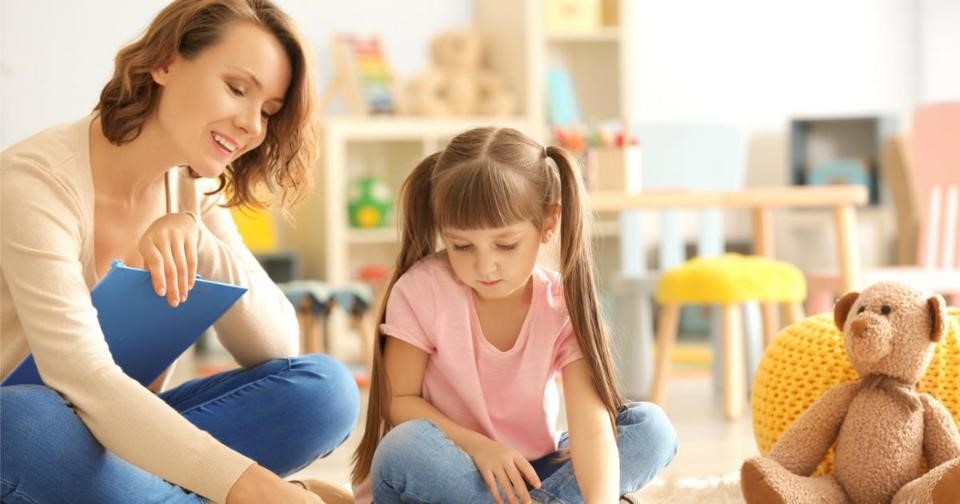The teenage years can be a time of immense change, growth, and challenge for both teens and their parents. Adolescence is a period of development marked by hormonal changes, physical growth, and emerging cognitive abilities. It’s also a time of identity formation, social connection, and growing emotional regulation. For some teens, this period can be especially challenging as they navigate difficult experiences such as bullying, family conflicts, academic pressures, and mental health issues.
Therapy can be a valuable tool for helping teens and children navigate these challenges and build resilience. In this blog post, we will explore the importance of therapy for children and teens, what to expect from therapy sessions, and how parents can support their child’s mental health.

Why Therapy is Important for Teens & Children
Therapy is an effective way to address a wide range of mental health concerns including depression, anxiety, ADHD, substance abuse, and trauma. It can also help teens and children build coping skills, improve their communication and problem-solving abilities, and strengthen their relationships with others.
During therapy sessions, teens and children have the opportunity to explore their thoughts and feelings in a safe and supportive environment. This can be especially helpful for those who may not feel comfortable talking about their emotions with friends or family members. Through therapy, they can learn healthy ways to express their emotions and cope with stressors in their lives.

What to Expect from Therapy Sessions
Therapy sessions for teens and children are typically tailored to their developmental stage and individual needs. Sessions may be conducted one-on-one, with parents or caregivers present, or in group settings. The therapist will work with the teen or child to establish goals for therapy and develop a plan for achieving those goals.
During therapy sessions, teens and children may engage in a variety of activities and techniques, including talk therapy, cognitive-behavioral therapy, play therapy, art therapy, and mindfulness exercises. These techniques are designed to help the teen or child process their experiences, develop coping skills, and build self-awareness and self-esteem.

How Parents Can Support Their Child’s Mental Health
Parents play a critical role in supporting their child’s mental health. Here are a few ways parents can support their teen or child:
- Encourage open communication: Create a safe and supportive environment for your teen or child to express their thoughts and feelings. Listen actively and validate their experiences.
- Prioritize self-care: Take care of your own mental and physical health to model healthy habits for your teen or child.
- Seek professional help: If you notice concerning changes in your child’s behavior or mood, or if they express a desire for support, seek professional help from a therapist or mental health provider.
- Advocate for your child: Work with your child’s therapist to develop a comprehensive treatment plan and advocate for your child’s mental health needs in school and other settings.

Conclusion
Therapy can be a valuable tool for helping teens and children navigate the challenges of adolescence and build resilience. By creating a safe and supportive environment for teens and children to express their thoughts and feelings, and by working with mental health professionals to develop a comprehensive treatment plan, parents can support their child’s mental health and well-being. If you’re interested in learning more about therapy for teens and children, don’t hesitate to reach out to a Curis Mental Health Professional in your area.
Learn more about getting your child connected with a Mental Health Therapist or learn more about Child Counseling with Curis Functional Health.